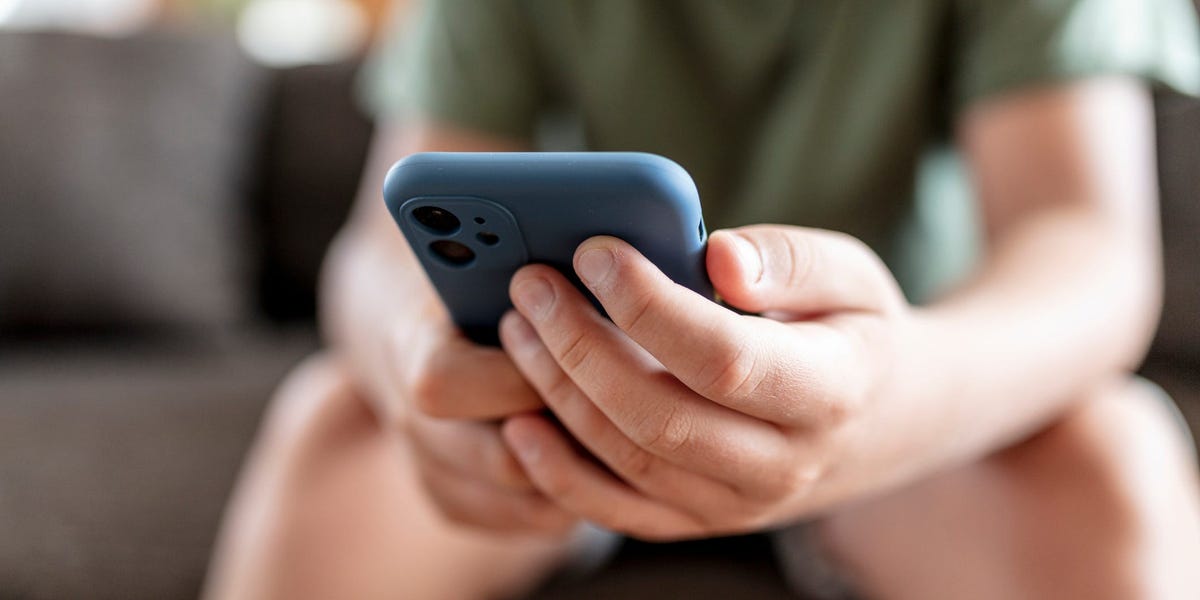Debating the Right Time for a Preteen’s First Phone
In today’s digital age, the decision to give a child their first smartphone is more complex than ever. A 12-year-old boy is feeling excluded at school because he lacks a phone or smartwatch, unlike most of his peers. His parents, however, are grappling with concerns about his readiness for such technology.
The boy’s parents have noticed a trend among his classmates. According to Common Sense Media, in 2021, a significant 71% of 12-year-olds owned smartphones. Despite this, the parents remain cautious, considering their son’s current digital access, which includes a Nintendo Switch, a Kindle, and an iPad.
Recently, the young boy wrote a compelling essay on why he should be allowed a phone or smartwatch, arguing it would ease his parents’ concerns when he’s out with friends. While the proposal seems logical, his parents worry about potential distractions, especially with the constant stream of messages in school group chats.
Concerns Over Impulse Control and Development
The parents’ apprehension stems from expert advice. Dr. Kyra Bobinet, a physician and behavioral expert, warns that preteens may struggle with impulse control and decision-making due to their developing prefrontal cortex. “Introducing phones too early may overwhelm a preteen with constant notifications and endless online options,” she explained, adding that these can hinder their ability to self-regulate.
Further insights from Dr. Zishan Khan, a psychiatrist, highlight the risks associated with preteen phone usage. He notes that excessive screen time can impair focus, disrupt sleep, and expose children to adult content and peer pressure. “They may not fully understand the implications of oversharing on the internet,” he cautioned.
Despite being tech-savvy, the parents worry their son might bypass any restrictions they set, given his struggles with current screen time limits.
Open Dialogue and Future Considerations
While opting not to provide a phone or smartwatch now, the parents are committed to maintaining an open dialogue with their son. They have explained their reasoning, focusing on behavioral patterns and readiness. Until they feel he is prepared, they have offered him the option to use their phones for texting friends and plan more social activities outside school.
Through these measures, the parents aim to strengthen their relationship with their son, hoping to enter his teenage years with mutual understanding and trust.





